Summaries of books about Science & Math:

The Blank Slate
The Modern Denial of Human Nature
Steven Pinker
The book challenges the notion that human beings are born as blank slates shaped solely by their environment, arguing instead that genetics and evolutionary psychology play a significant role in shaping human behavior and characteristics. It delves into the implications of acknowledging innate traits for understanding politics, violence, parenting, and the arts.
See full summary
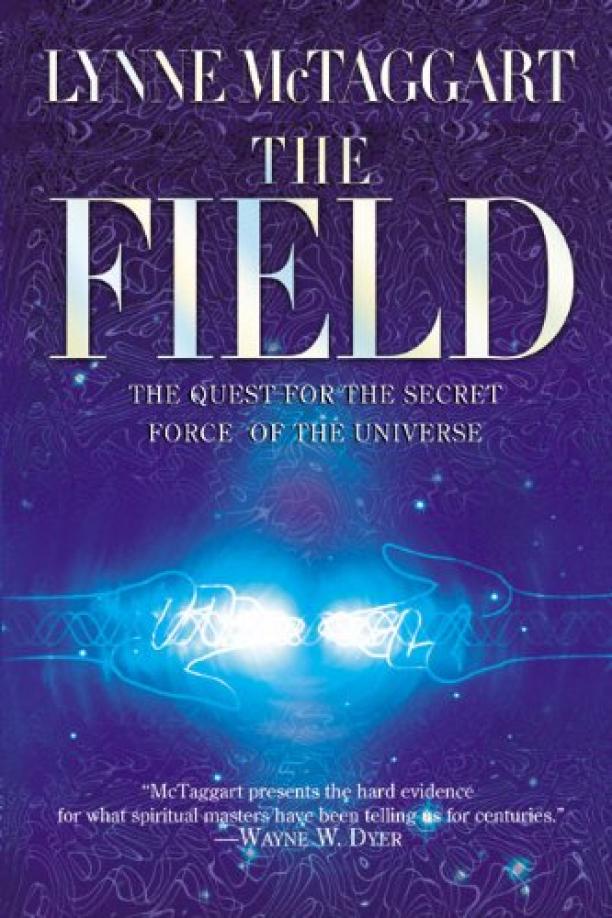
The Field
The Quest for the Secret Force of the Universe
Lynne McTaggart
The book explores the concept of a quantum energy field that connects all living things, proposing that this field could be responsible for phenomena such as telepathy, healing, and collective consciousness. It delves into scientific experiments and theories that suggest the existence of such a field, blending quantum physics with spirituality.
See full summary

Atomic Accidents
James Maheffey
The book provides a historical account of nuclear incidents and accidents, examining their causes, consequences, and the lessons learned from them. It covers a range of events from the early experimental mishaps to major disasters like Chernobyl and Fukushima, offering insights into the complexities and risks associated with atomic energy.
See full summary
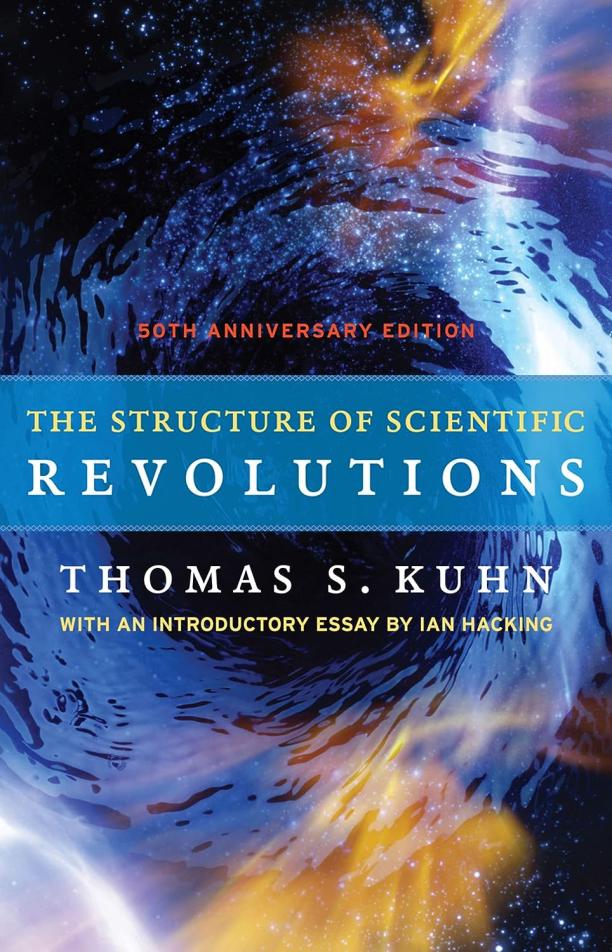
The Structure of Scientific Revolutions
50th Anniversary Edition
Thomas S. Kuhn
The book presents a groundbreaking analysis of the progression of science, arguing that scientific development occurs through paradigm shifts rather than linear accumulation of knowledge. It explores how these revolutionary changes in understanding lead to periods of normal science, followed by crises and eventual transformations that redefine fields.
See full summary
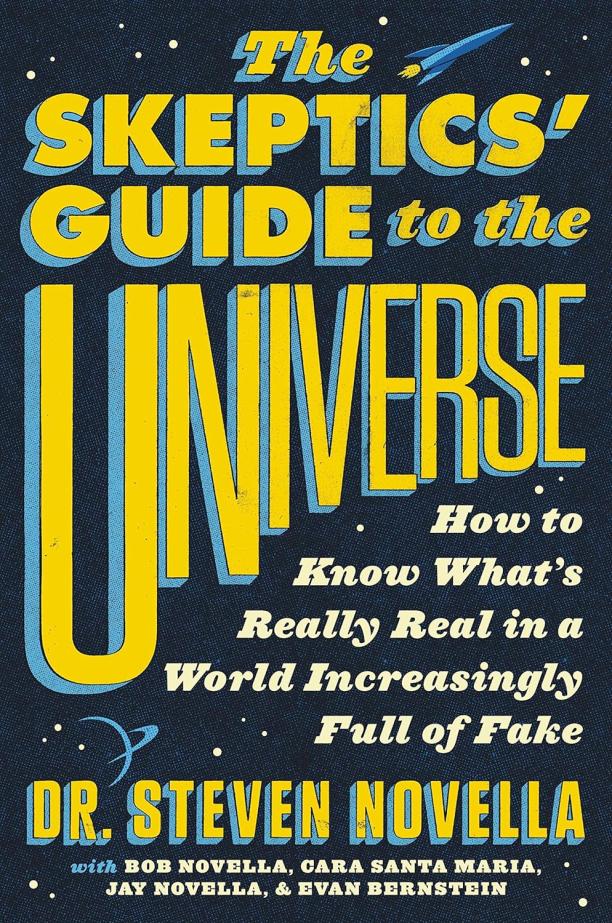
The Skeptics' Guide to the Universe
How to Know What's Really Real in a World Increasingly Full of Fake
Steven Novella
The book provides readers with tools and knowledge to critically evaluate claims and evidence in various fields, including pseudoscience, alternative medicine, and conspiracy theories. It emphasizes the importance of scientific skepticism and critical thinking in discerning fact from fiction in today's information-saturated world.
See full summary
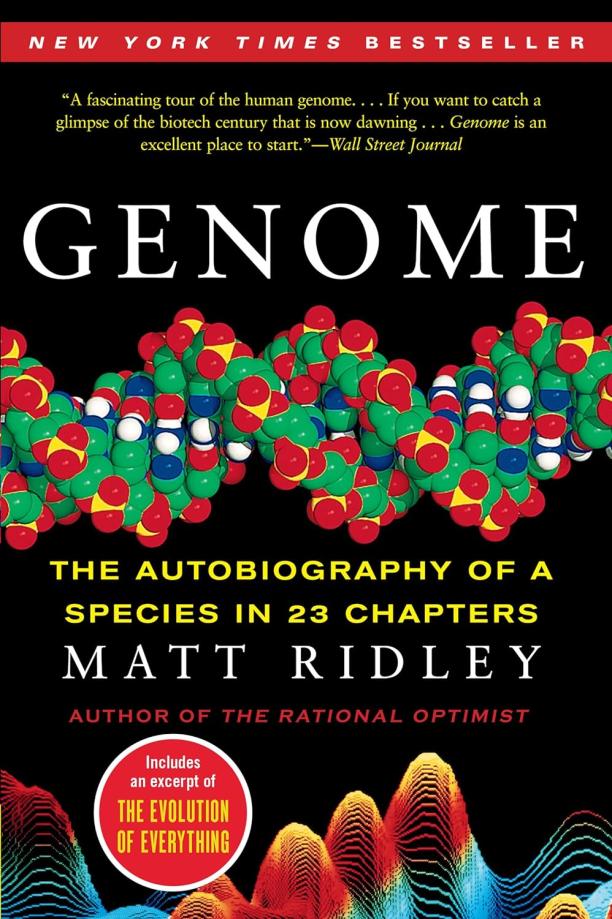
Genome
The Autobiography of a Species in 23 Chapters
Matt Ridley
The book explores the human genome through 23 chapters, each corresponding to one of the 23 pairs of human chromosomes, weaving together stories of genetic discovery and the implications for understanding our biology. It delves into the traits and diseases linked to each chromosome, discussing the complex interplay between genetics, environment, and the evolution of our species.
See full summary
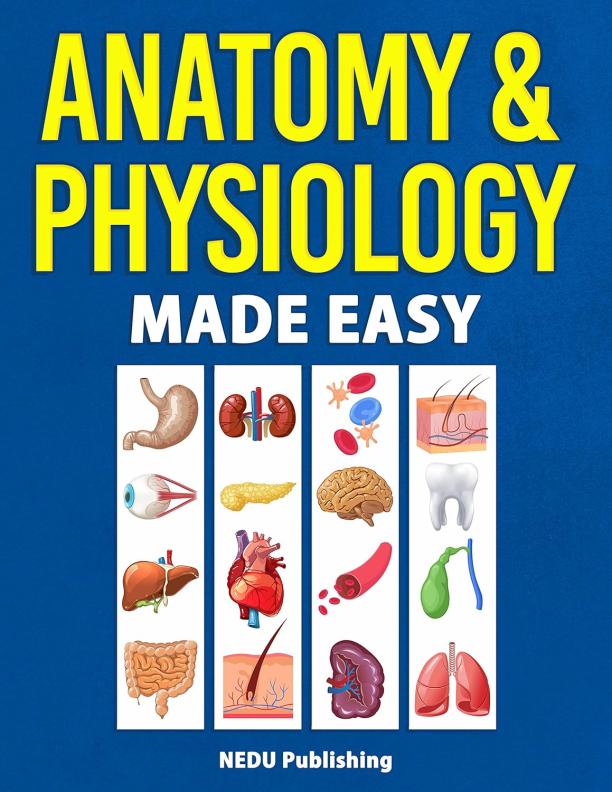
Anatomy & Physiology Made Easy
An Illustrated Study Guide for Students To Easily Learn Anatomy and Physiology
NEDU
The book presents a simplified overview of human anatomy and physiology, using illustrations and concise explanations to help students grasp complex concepts. It covers the fundamental structures and functions of the human body, organized by systems, to facilitate easy learning and retention for students.
See full summary
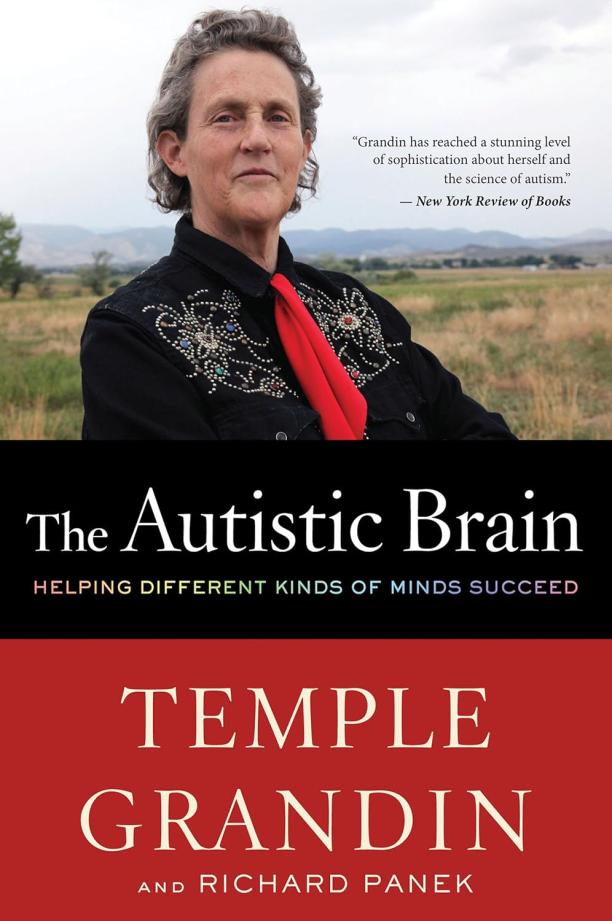
The Autistic Brain
Thinking Across the Spectrum
Temple Grandin|Richard Panek
The book explores the latest research and developments in the field of autism, offering insights into how the autistic brain perceives the world differently. It combines personal experiences with scientific studies to discuss how understanding the brain's functioning can lead to better educational approaches and interventions for individuals on the spectrum.
See full summary
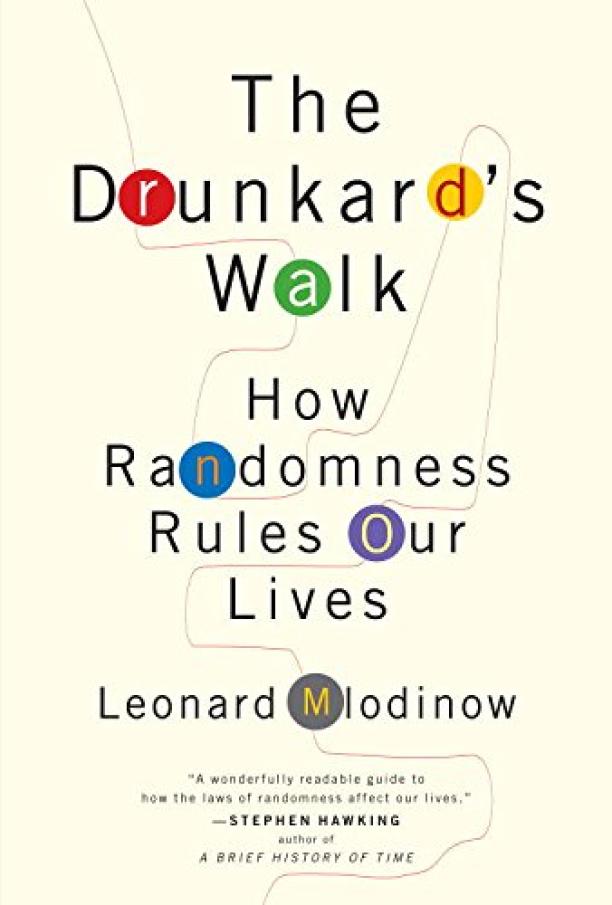
The Drunkard's Walk
How Randomness Rules Our Lives
Leonard Mlodinow
The book explores the role of randomness and chance in everyday life, illustrating how human understanding of events is often flawed due to misconceptions about probability and statistics. It delves into historical anecdotes and psychological research to show how luck and randomness influence everything from personal success to the outcomes of seemingly deterministic processes.
See full summary
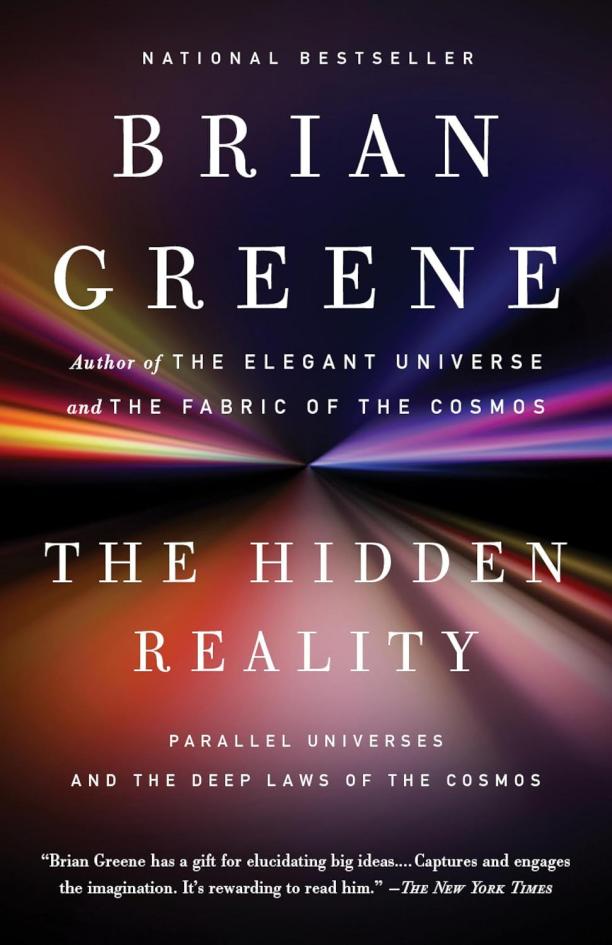
The Hidden Reality
Parallel Universes and the Deep Laws of the Cosmos
Brian Greene
The book explores various theories and concepts related to the existence of parallel universes, delving into the scientific principles and mathematical frameworks that suggest our universe may be one of many. It discusses topics such as quantum mechanics, string theory, and the multiverse, examining how our understanding of the cosmos could be fundamentally altered by these ideas.
See full summary